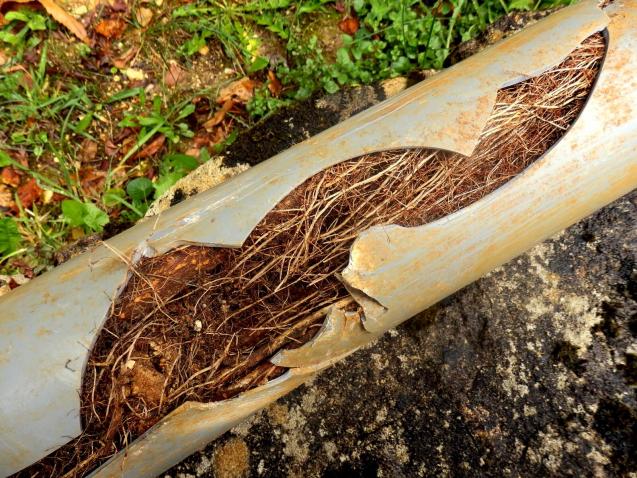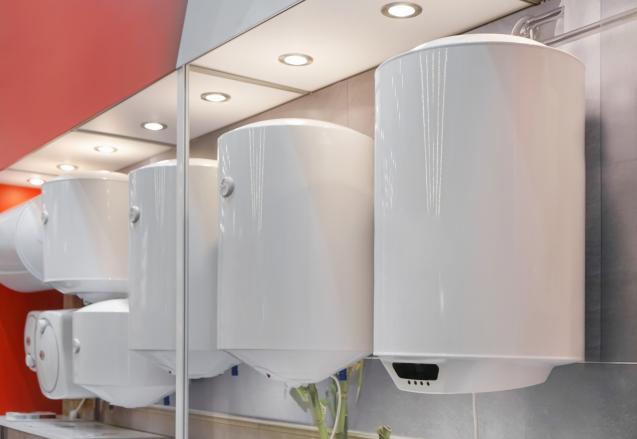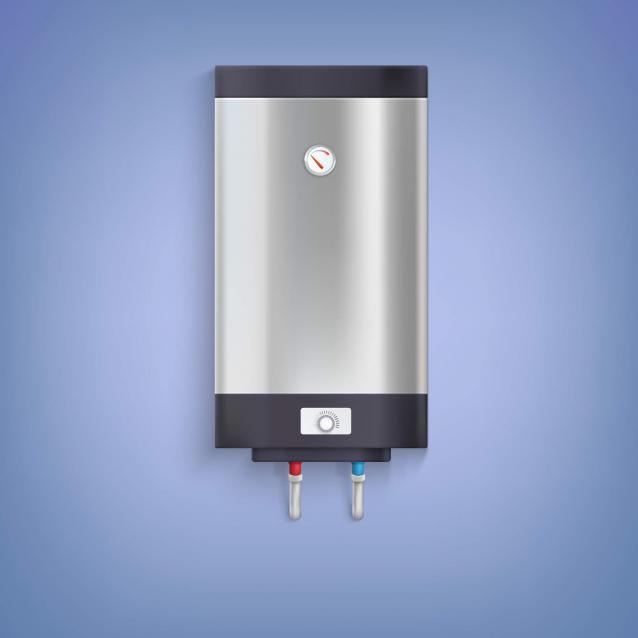
Your Handy Guide to Water Costs in Newcastle
By Fluid Plumbing|November 26, 2020
Just like sunlight, water is essential to human life. Since water is a precious resource, everyone’s trying to do their share of conserving it. But since it’s a necessity, we use it daily. And the more water we use, the higher our water bills. If you’ve ever wondered about water costs in Newcastle and how you’re being billed for your water consumption, here’s a handy guide with some essential details.
Water Cost Components
Every year, you’ll get three bills or a bill for every four months of water service. Each bill you receive comprises four major components: water usage, water service, sewage service and the environmental improvement charge.
Average Water Costs
Using data on average family water consumption in the Hunter Region, the average water bill for a single-family home would amount to $1155 per year, or $385 per water bill. Apartment or flat dwellers would pay an average amount of $1029 per year, or $343 per water bill.
Tips for Reducing Your Bills
Although everyone is enjoying lower rates this year, it’s best to practise water conservation by following these tips:
We all use water and we need it every day.
Let’s use it wisely to keep our water bills down and save some of it, too.
Water Cost Components
Every year, you’ll get three bills or a bill for every four months of water service. Each bill you receive comprises four major components: water usage, water service, sewage service and the environmental improvement charge.
- Water Usage Charge: This part of the bill includes the actual water consumed by you and your family within a four-month period. According to Hunter Water data, an average Newcastle household consumes 172 kilolitres (kL) of water per year, equivalent to 57 per billing cycle. The ongoing water usage charge per kilo-litre in the Hunter Region is $2.34. The same rate applies to apartments or flats and single-family homes. Based on these figures, an average household would have to pay about $134 every billing cycle.
- Water Service Charge: The water service charge is your contribution to the cost of running the water system. The basic water service charge for Newcastle homeowners is $75 per annum, and it includes the environmental projects charge. This cost is a drastically reduced amount compared to the charges in previous years, and it applies to both apartment dwellers and those living in standalone houses. Unlike the water usage charge, which you pay after four months, the service charge is paid for the upcoming four months. So, to avoid any service interruptions, make sure you pay your bill on time.
- Sewer Service Charge: To ensure the proper disposal of sewage and wastewater, residents need to pay a fixed sewer service charge. For 2020, the sewer service charge for standalone houses with a single connection is $635.85 per year and $508.67 per year for flats or apartment units. Just like the water service charge, the sewer service charge is paid four months in advance.
- Environmental Projects Charge: The environmental projects charge of $40.46 per year is allocated for Hunter Water’s spending on water recycling and storm-water naturalisation projects. The water produced from these efforts is used to irrigate sporting ground, gardens and parks.
Average Water Costs
Using data on average family water consumption in the Hunter Region, the average water bill for a single-family home would amount to $1155 per year, or $385 per water bill. Apartment or flat dwellers would pay an average amount of $1029 per year, or $343 per water bill.
Tips for Reducing Your Bills
Although everyone is enjoying lower rates this year, it’s best to practise water conservation by following these tips:
- Check appliances for leaks and drips and get them fixed.
- Use low-flow toilets, or get your current ones converted.
- Use a rainwater collection system to have water for general use.
- Add aerators to your faucets.
- Upgrade to water- and energy-efficient appliances.
We all use water and we need it every day.
Let’s use it wisely to keep our water bills down and save some of it, too.



